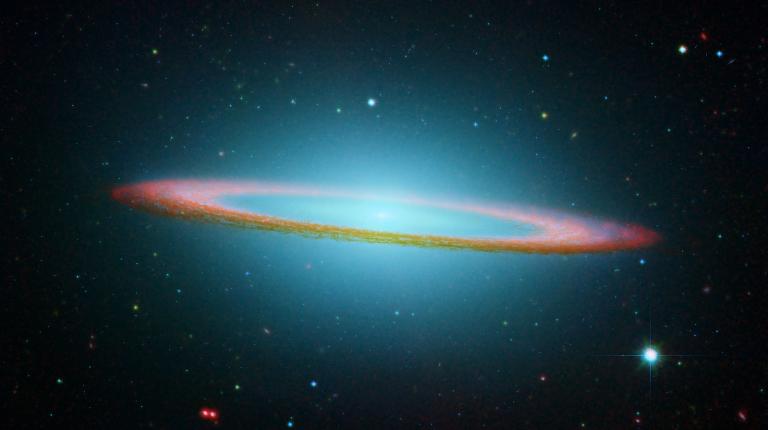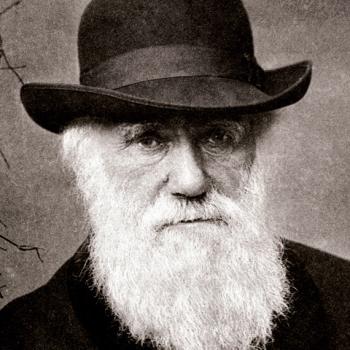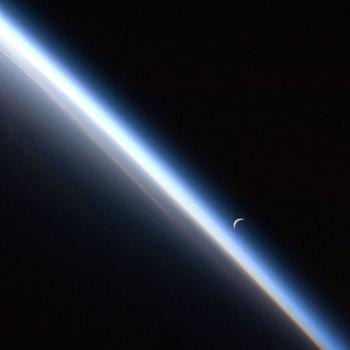
In his foreword to Geraint F. Lewis and Luke A. Barnes, A Fortunate Universe: Life in a Finely Tuned Cosmos (Cambridge: Cambridge University Press, 2016), Brian Schmidt, who shared the 2011 Nobel Prize in Physics with Saul Perlmutter and Adam Riess for providing evidence that the expansion of the universe is accelerating, writes as follows:
“Like a Bach fugue, the Universe has a beautiful elegance about it, governed by laws whose mathematical precision is meted out to the metronome of time. These equations of physics are finely balanced, with the constants of nature that underpin the equations tuned to values that allow our remarkable Universe to exist in a form where we, humanity, can study it. A slight change to these constants, and poof, in a puff of gedanken experimentation, we have a cosmos where atoms cease to be, or where planets are unable to form. We seem to truly be fortunate to be part of Our Universe.
“A seemingly perfectly rational argument to come to terms with this streak of good luck is that, since we exist, we must therefore live in a Universe where we can exist. But this idea has at its heart the notion that ours is selected from a multitude of universes — and there is no evidence for, or against, such a construct of nature.
“Our Universe is the only one we have, and this presents a remarkable problem for those of us who study it. Why is it the way it is? Science is founded on using ideas, often called theories, to make predictions. But what happens when, as with our Universe, there is only one thing to observe? . . .
“On your journey with Geraint and Luke, you will see that humanity appears to be part of a remarkable set of circumstances involving a special time around a special planet, which orbits a special star, all within a specially constructed Universe.” (xi-xii)
***
And, speaking of “beautiful elegance,” here are some wonderful photographs to enjoy and to marvel at on a Sabbath evening:












